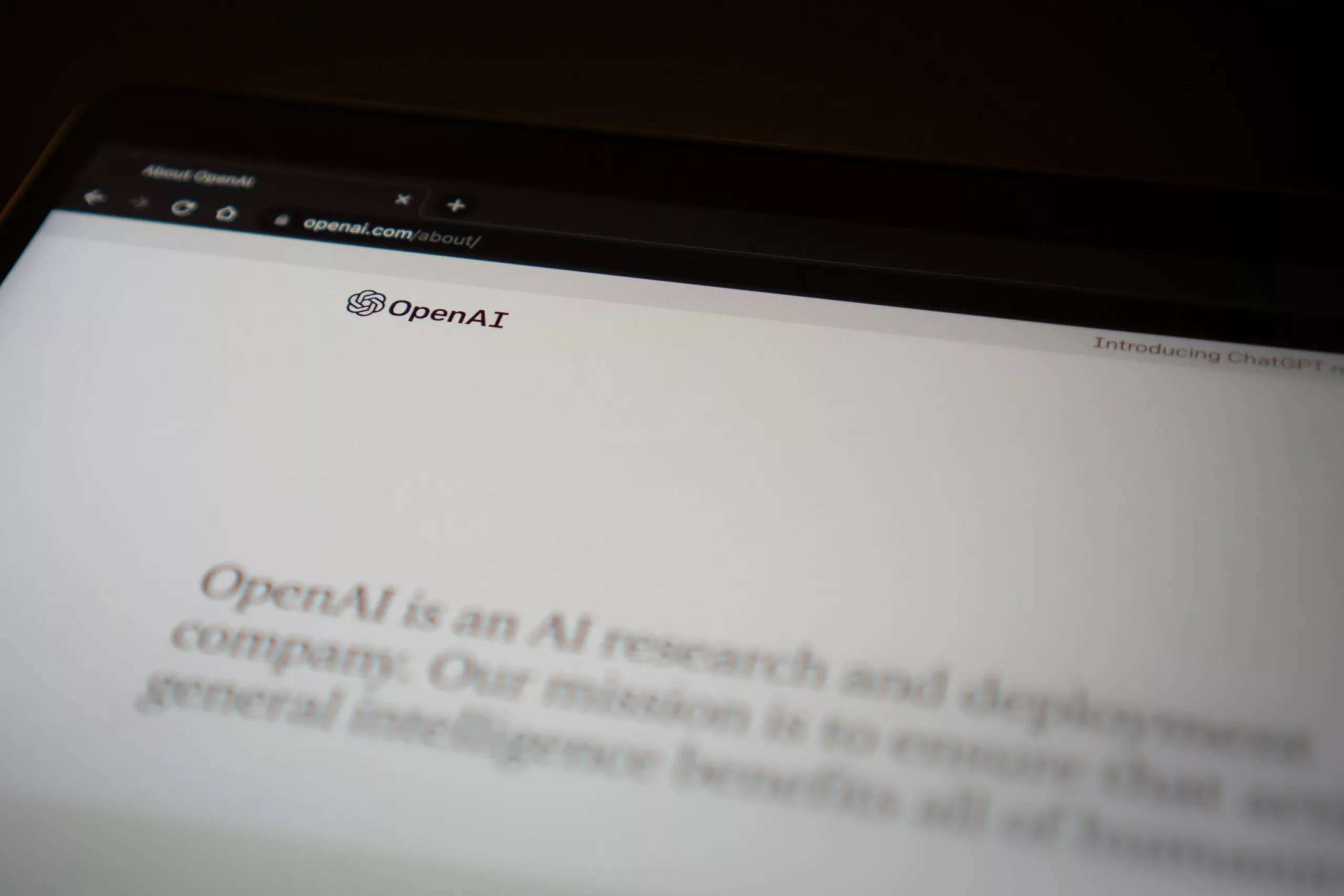HIPAA Compliance – Expert Determination Aided by Private AI
In the contemporary landscape of health information technology, the Health Insurance Portability and Accountability Act (HIPAA) Privacy Rule sets a national standard for the protection of individuals’ medical records and other protected health information (PHI). The HIPAA Privacy Rule allows for health information to be de-identified using two methods: the Safe Harbor method, which requires … Read more









